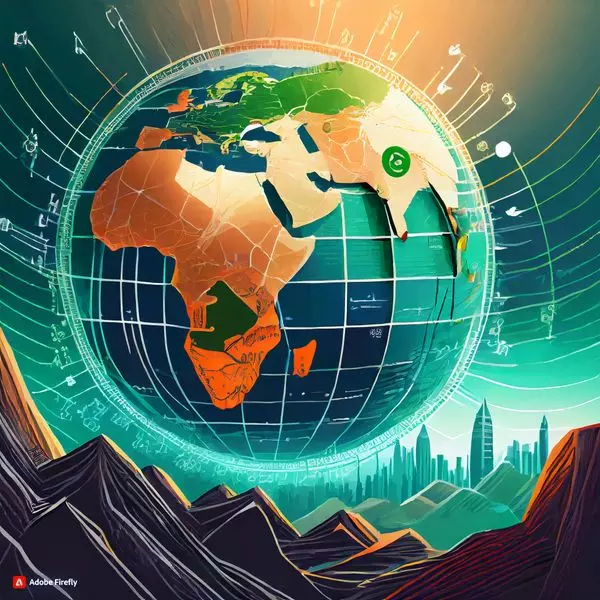In a virtual address at a tech event on Friday, Rajeev Chandrasekhar, the Minister of State for IT and Electronics, highlighted the potential harm to users by the internet and technology, stressing the importance of careful regulation through the lenses of safety and trust. Chandrasekhar acknowledged the significance of innovation but emphasized the necessity of developing “guardrails” without stifling technological progress.
With a focus on the burgeoning artificial intelligence (AI) landscape, the Minister expressed the Indian government’s commitment to ensuring the safety of the country’s substantial user base, which is expected to reach 1.2 billion by 2025-2026, with almost 850 million internet users.
Addressing the pressing issue of deep fakes, Chandrasekhar underscored the risks associated with technology, referencing Prime Minister Narendra Modi’s concerns. Despite recognizing technology as a powerful enabler, the Minister acknowledged its darker side, necessitating regulatory measures for user safety.
Chandrasekhar emphasized that ensuring the safety and trust of online users is a policy imperative. He applauded the success of the Unified Payments Interface (UPI) as a case study of technology deployed for the public good, noting that technology goes beyond creating wealth and jobs, playing a transformative role in governance and democracy.
The Minister lauded India’s technological prowess, extending beyond traditional IT and ITES sectors to encompass critical areas such as fintech, semiconductors, microelectronics, quantum computing, and artificial intelligence. He highlighted the nation’s pivotal role in these domains, with multiple startups making significant contributions to shaping the future of technology.
In conclusion, Chandrasekhar affirmed that technology is integral to every aspect of modern life, from the digital economy to high-performance computing, with India actively contributing to advancements in these fields through its thriving startup ecosystem.
Also Read: Global Measles Deaths Surge By 43% In A Year, WHO Reports











